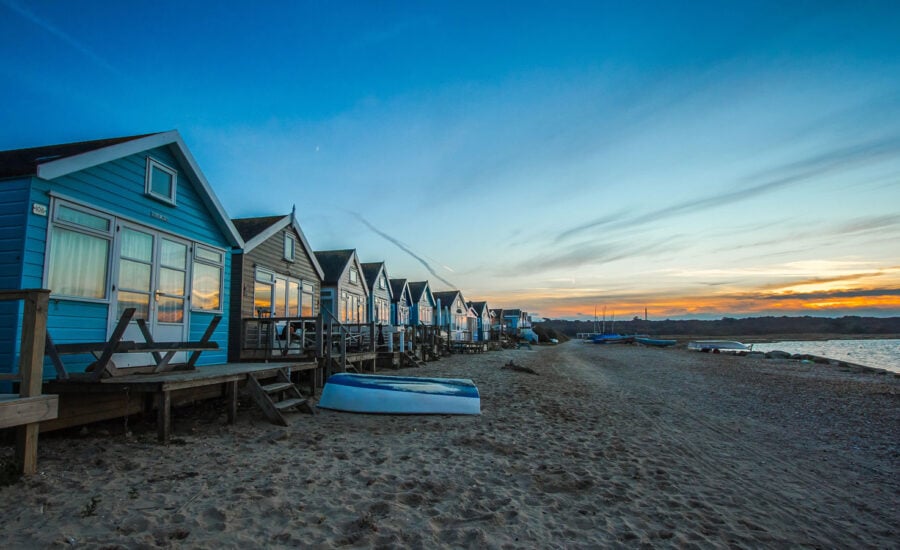Can we afford to buy a cottage?
When you're saving it helps to be focused on a goal, but Bruce Sellery says it's also important not to lose sight of your other priorities in life.
Advertisement
When you're saving it helps to be focused on a goal, but Bruce Sellery says it's also important not to lose sight of your other priorities in life.

| Property taxes | $2,000 |
| Maintenance | $2,000 |
| Electricity and phone bills | $700 (assuming minimal winter use) |
| Cottage association fees | $300 |
| Cottage improvements | $1,000 (depending on scope) |
TOTAL |
$6,000 ($500/month) |
Share this article Share on Facebook Share on Twitter Share on Linkedin Share on Reddit Share on Email